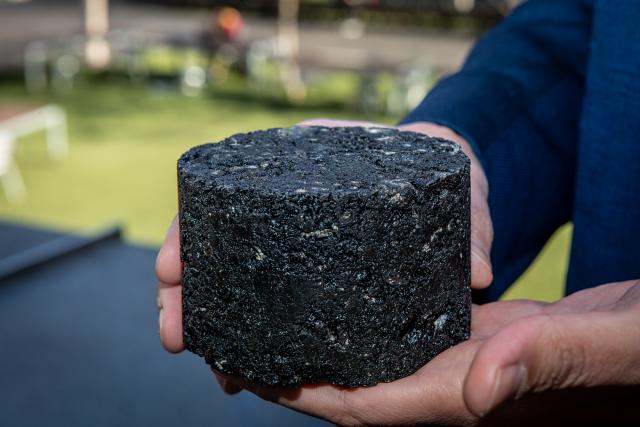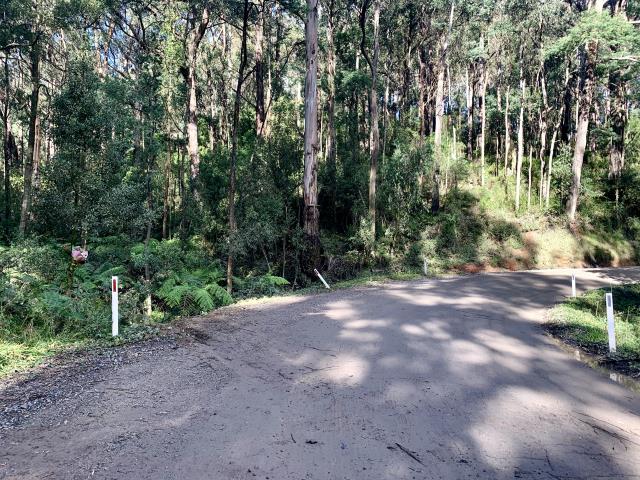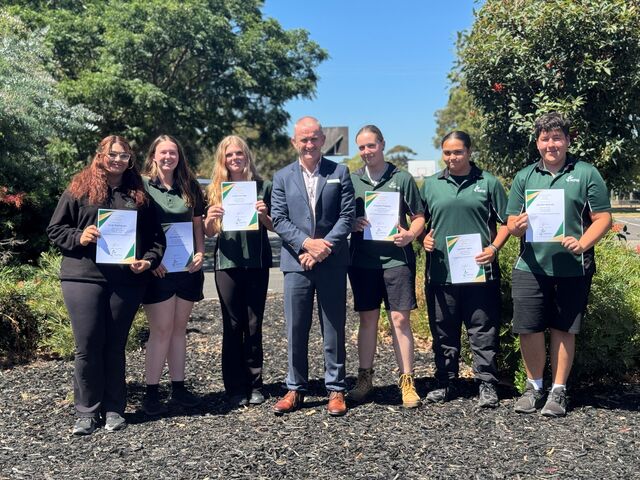A number of Casey’s road surfaces will soon be mixed with recycled plastics as part of a new RMIT University-led project.
Supported by the Australian Research Council, Austroads and nine other Victorian councils, the project will incorporate recycled plastic from consumer and industrial waste, including notoriously stubborn soft plastics, into asphalt as a performance enhancer.
Project lead and RMIT Associate Professor Filippo Giustozzi said the team will also produce best-practice guidelines on the use of recycled plastics in asphalt roads.
“These guidelines will enable local governments, which control 80 per cent of the nation’s roads, to begin wide-scale adoption of this innovative recycling solution,” he said.
“If Australia’s 537 local governments each used a small amount of recycled plastic in the many roads they resurface each year, then nationally we’ll have created a large end-market for recycled plastic.”
Associate Professor Guustozzi said extensive laboratory studies conducted by RMIT for Austroads show these mixes are mechanically, chemically, and environmentally sound.
“The performance of roads can actually be improved with the additions of recycled material, such as plastic and rubber, to be more durable against traffic and resistant against ageing,” he sai.d
“These studies tell us that adding specific types of plastic in the right way can generate greater rutting and fatigue resistance.
“In some instances, the performance of the mix was similar to some of the more expensive polymers used in roads and substantially higher than conventional asphalt mixes.”
The partnership with Victorian councils and Austroads will now translate these findings into applied solutions that enhance the sustainability of our roads.
Austroads chief executive Geoff Allan said there was increasing interest in exploring the viability of repurposing recycled waste plastic.
“This project builds on the work completed last year that confirmed recycled plastics can be successfully incorporated in road infrastructure without detrimental effects on the environment, the health and safety of the workers, or the future recyclability of plastic-modified asphalt,” he said.
“A major contribution of this project will be to develop evidence-based guidance that will provide certainty to road managers about the use of recycled plastics in road surfacing applications and thus lay the foundations for this solution to be embraced nationally.”

















